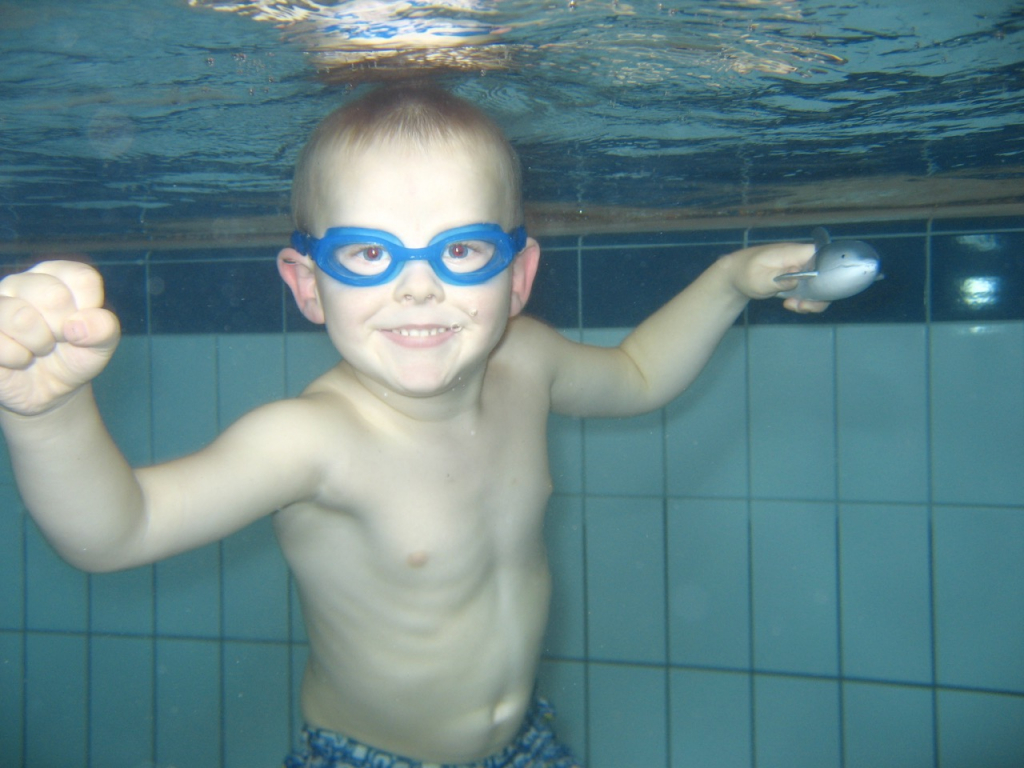Swimming Children are Smarter Children

Swimming Children are Smarter Children
The study was undertaken by Australia’s Griffith University. Researchers surveyed the parents of 7,000 children under the age of five from Australia, New Zealand, and the United States. Then, researchers went on to test 180 children between the ages of three and five. The results were conclusive. Children who participate in swimming lessons during these early years also achieve a wide range of skills earlier than the normal population.
The results
The head of the study notes that many of these skills are those which help young children transition into their first years of schooling. The children achieved physical milestones faster and they scored significantly better in visual-motor skills. Their oral expression was advanced and they performed better overall in the areas of literacy and numeracy.
The children in the study were also found to have better balance and coordination than their peers who weren’t actively learning to swim.
Increased cognitive development
Some of the findings of the study seem logically connected. For example,
What the Griffith University researchers did not expect to see was that cognition in these children was also significantly improved. The study determined that swimming helps to advance cognitive development by as much as 10 months ahead of the normal population.
Cognitive development has to do with higher levels of reasoning in areas like reading, writing, and arithmetic. These little swimmers are in many ways setting the stage for a life of academic success.
Better language skills
Learning to swim at this young age can help children develop deeper usage of language. It’s believed that this is because swimming instructors introduce children to a new set of vocabulary words. “Swim under the water to the yellow triangle,” might not be something they would otherwise hear.
Learning to swim can expose young minds to important speech elements such as prepositions, and useful concepts like shapes and colors. Interacting with these new pieces of communication can help them to improve their own use of language.
Emotional and social aptitude
Developing intelligence is important, but just as important is learning to function with others. The study found that young children involved in group swimming lessons were about 15 months ahead of the normal population in their social and emotional development.
These young swimmers tended to understand direction better, which helps them adapt to listen and respond to teachers as they move into the classroom. They also become more comfortable interacting with their peers, as well as with adults other than their own parents.
The researchers concluded that there is a clear connection between emotional maturity and the group dynamics of swimming lessons.
Water safety is a key benefit of teaching young children to swim. Now, there’s research showing that it can also help boost early childhood development in cognitive and social areas. Swimming lessons can help your young child learn how to learn.


